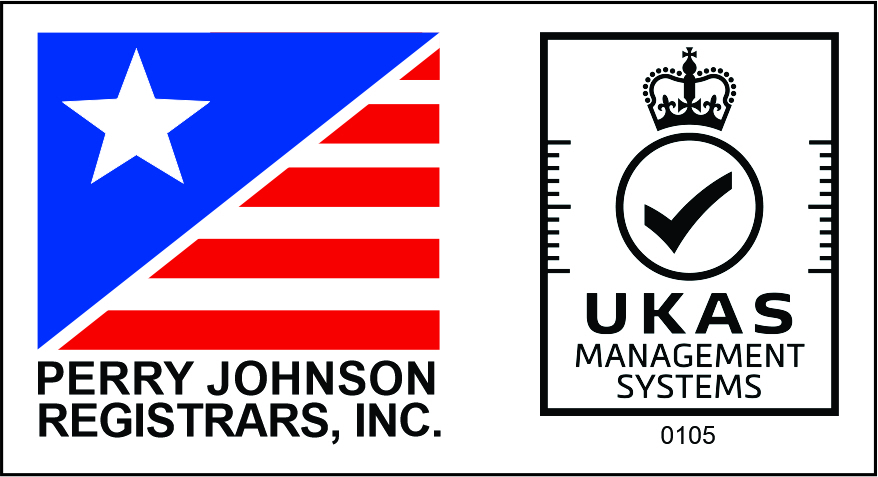Knowledge HubTM
What is content filtering and why is it important for schools?
- Date Posted:
- Video Length: 1 min 43 secs
- Written by: Exa Networks
Play Video
We all know how unsafe the internet can be and how easy it is to stumble across something we would rather we hadn’t. Not only can this be a safeguarding issue, but accessing unsuitable or potentially harmful material can also make your network vulnerable to malware attacks.
Having a content filtering system in place allows you to control what can be accessed online on your organisation’s computers. It blocks content that is deemed inappropriate, offensive or even harmful whilst still allowing acceptable material to be viewed.
Content filtering works by applying specific parameters to content retrieved via the internet, restricting access to certain material on websites or in emails. It can be a hardware or software solution and can often be part of a firewall.
How much control do you have?
Some content filtering systems have more limited functions than others and may just provide a blanket ban across the entire network. Whilst this may be useful initially it can be restrictive and present issues further down the line.
More comprehensive filtering services provide you with granular control over the content people are allowed to view. Not only will it block content based on keywords, you will be able to group users, giving them different levels of access to online content. It may also provide you with category based filtering and deter students from distracting sites such as social media, gaming, gambling and inappropriate sexual content.
You can also create a default set of filtering rules for external devices that connect to your network. This means that guest users cannot access restricted or inappropriate material using a device they have brought on to your premises.

Why is content filtering important for education?
The internet is now fundamental in education. It provides a key learning tool for children, however, as useful as it is, it can also be an area for concern due to the nature of the material available online.
Effective content filtering is vital for all schools and academies. It allows you to take control of how your internet connection is used and keeps students safe online.
In the UK it is a legal requirement for educational establishments to provide a safe online learning environment for students. So, you need to bear this in mind and ensure you are meeting the statutory requirements as set out below.
Keeping Children Safe in Education (KCSIE) was introduced by the government as a statutory guideline stating schools must implement appropriate filtering and monitoring systems to ensure that students are effectively protected whilst online.
The Prevent Duty is a statutory obligation for schools to keep children safe from the risk of radicalisation and extremism. It states that every teacher must be aware of the risks posed by the online activity of extremist groups, and how social media is being used to encourage young people to travel to Syria and Iraq.
As you can see, content filtering is an essential service within the school environment, not only to adhere to the legislation set out above but also as a moral obligation to keep children safe. However, it is also important to bear in mind that you don’t want to restrict their ability to learn by overdoing it and taking it too far.
Related Knowledge Hub™ Articles
- 5 August 2022
- 5 December 2022
- 2 min read





